How to Source Home Appliances from China Like a Pro (2025 Step-by-Step Guide)
Date: 2025-04-24 Categories: FAQ Hits: 291
How to Source Home Appliances from China Like a Pro (2025 Step-by-Step Guide)
Avoid Costly Mistakes & Maximize Profits as a First-Time Buyer
Step 1: Define Your Needs (Before Contacting Suppliers)
Ask yourself:
Target Market: Which certifications do you need? (CE for EU, UL for US, SASO for Middle East, etc.)
Order Volume: What’s your realistic MOQ? (China’s average: 500–1,000 units for customization)
Logistics: Will you ship by air (faster) or sea (cheaper)?
Pro Tip:
Use Google Market Finder to identify demand trends for your product in specific countries.
Step 2: Find Reliable Suppliers – Beyond Alibaba
Where to Look:
1、B2B Platforms:
Filter Alibaba for “Gold Suppliers” with ≥5 years experience and in-house R&D.
Check Global Sources for factories with video showrooms.
2、Trade Shows:
Canton Fair (October 2025): Preview exhibitors via their virtual booth system.
3、Industry Networks:
Join LinkedIn groups like “Global Home Appliances Buyers” for peer recommendations.
Red Flags to Avoid:
❌ Suppliers who refuse video calls or factory tours.
❌ Prices 20% below market average (likely substandard materials).
Step 3: Vet Suppliers Like a Pro
Key Questions to Ask:
1、“Can you provide a recent third-party inspection report?” (e.g., SGS/BV)
2、“Do you have ready-made designs for [your market]?” (e.g., EU plugs, 220V voltage)
3、“What’s your defect rate, and how do you handle replacements?” (Acceptable: <2%)
Verify Their Claims:
Certifications: Cross-check CE/UL numbers on official databases like:
EU: NANDO
US: UL Online Certifications Directory
Production Capacity: Request a live video walkthrough of their factory floor.
Step 4: Negotiate Smartly (Without Killing the Deal)
2025 Winning Tactics:
1、Leverage Payment Terms:
Offer 30% deposit + 70% after inspection (reduces your risk).
2、Bundle Orders:
Example: “I’ll order 3,000 blenders now + 5,000 next year if you give me a 10% discount.”
3、Save on Logistics:
Ask if the supplier supports DDP shipping (door-to-door, no hidden fees).
Price Benchmarking Tool:
Use ImportYeti to see what competitors are paying for similar shipments.
Step 5: Protect Yourself (Contracts & QC)
Must-Have Contract Clauses:
1、“Defective goods ≥3% = free replacements”
2、“Supplier covers 100% of certification update costs for 24 months”
3、“Shipment delay penalty: 0.5% of order value per day”
Quality Control Options:
1、Pre-Shipment Inspection: Hire QIMA or SGS to check 20–30% of goods.
2、During Production: Request weekly photo updates of assembly lines.
Step 6: Master Logistics & Customs
2025 Shipping Tips:
Air Freight: Use for samples/small orders (~5 days, ~$8–12/kg).
Sea Freight: Best for bulk (~30 days, ~1,500–1,500–3,000/container).
Labeling: Ensure DPP QR codes (EU) or FCC ID (US) are printed on packaging.
Customs Hack:
Provide suppliers with your country’s HS code to avoid clearance delays (e.g., 8509.80 for blenders).
Step 7: Build a Long-Term Partnership
After-Sales Strategies:
1、Request Extended Warranty: “2 years instead of 1 for repeat orders.”
2、Co-Develop Products: Chinese factories often offer free design tweaks for loyal buyers.
3、Stay Updated: Subscribe to China Customs News for policy changes.
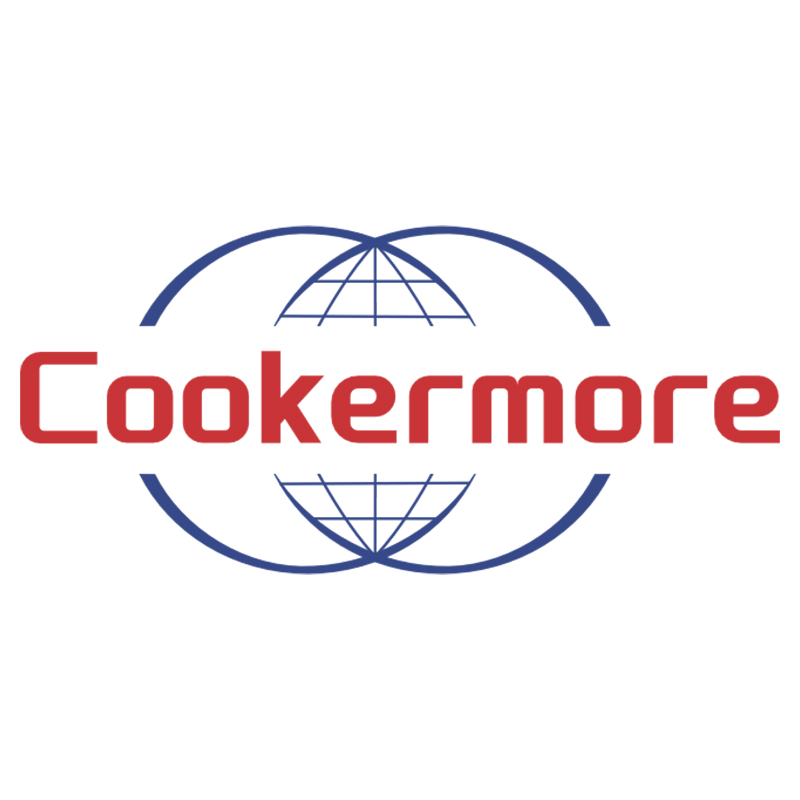
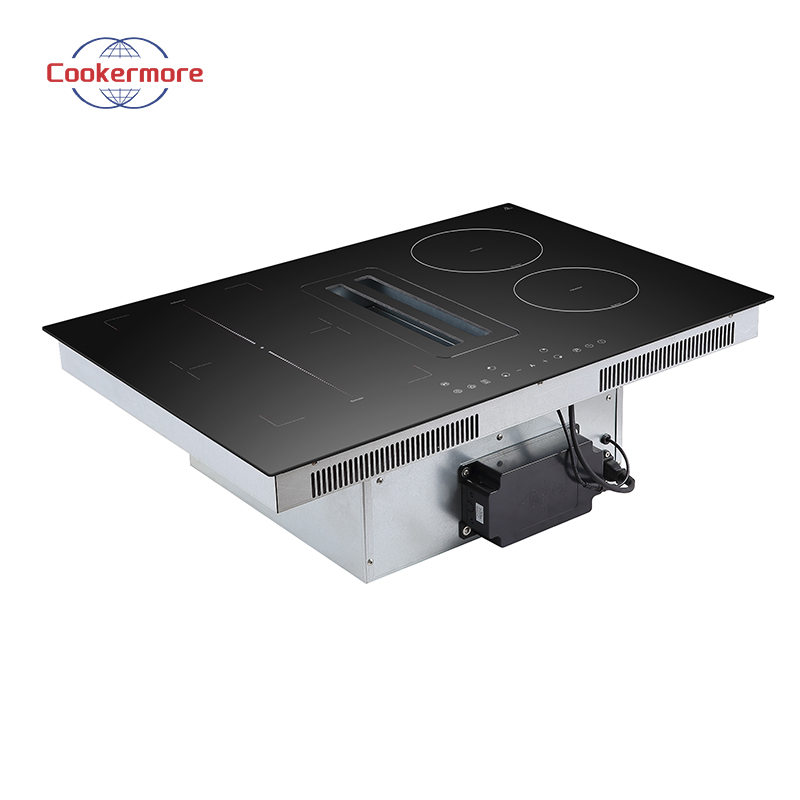 Product
Product 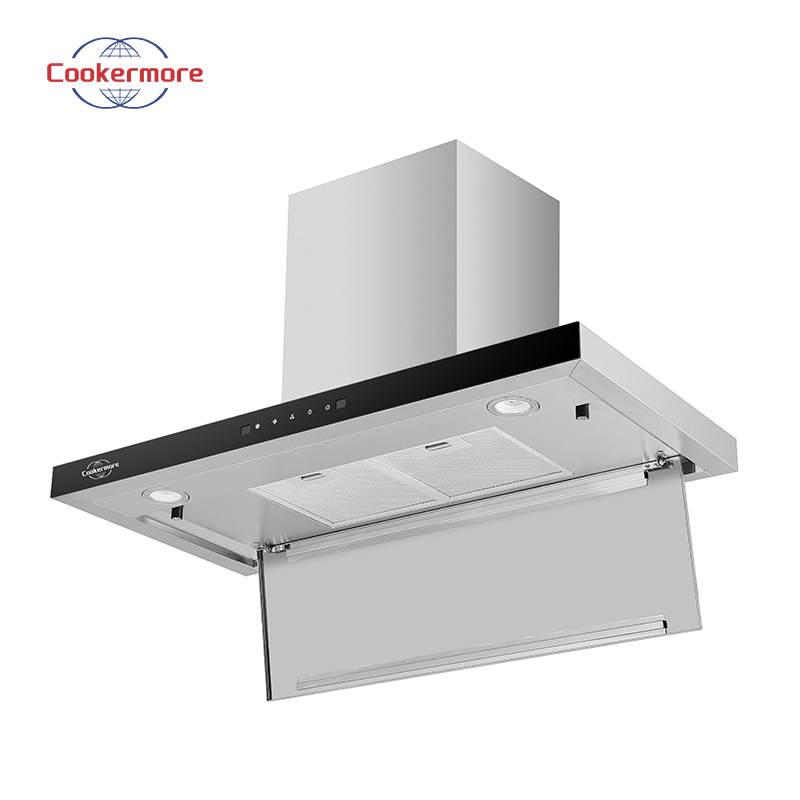 Product
Product 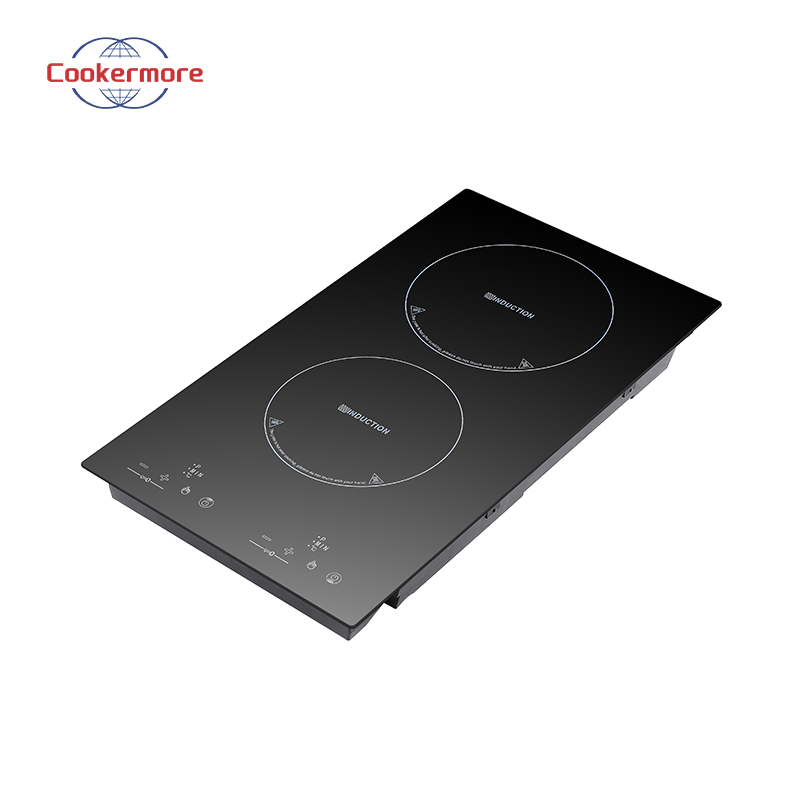 Product
Product 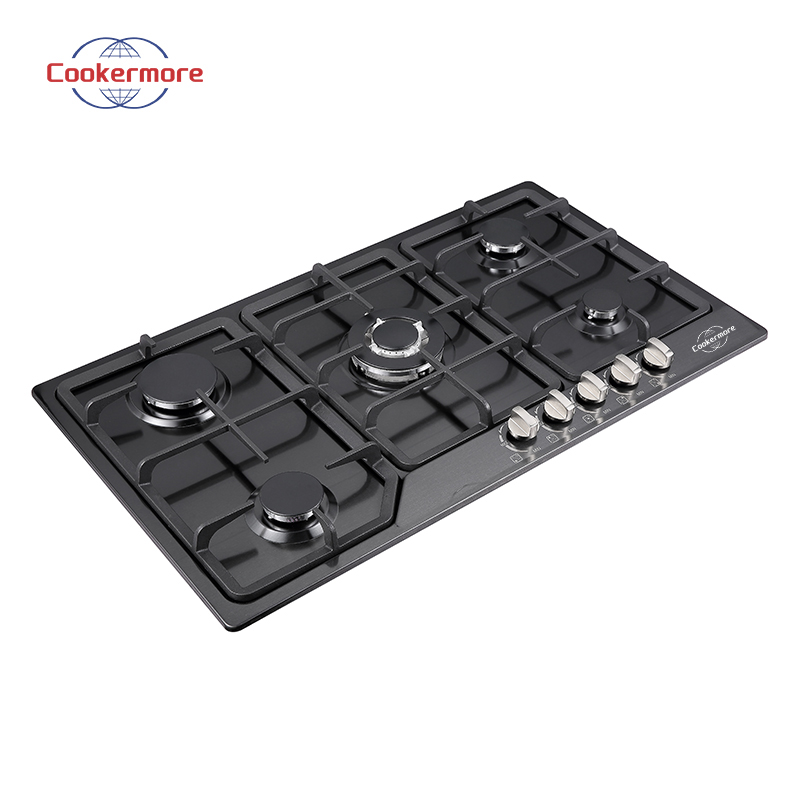 Product
Product